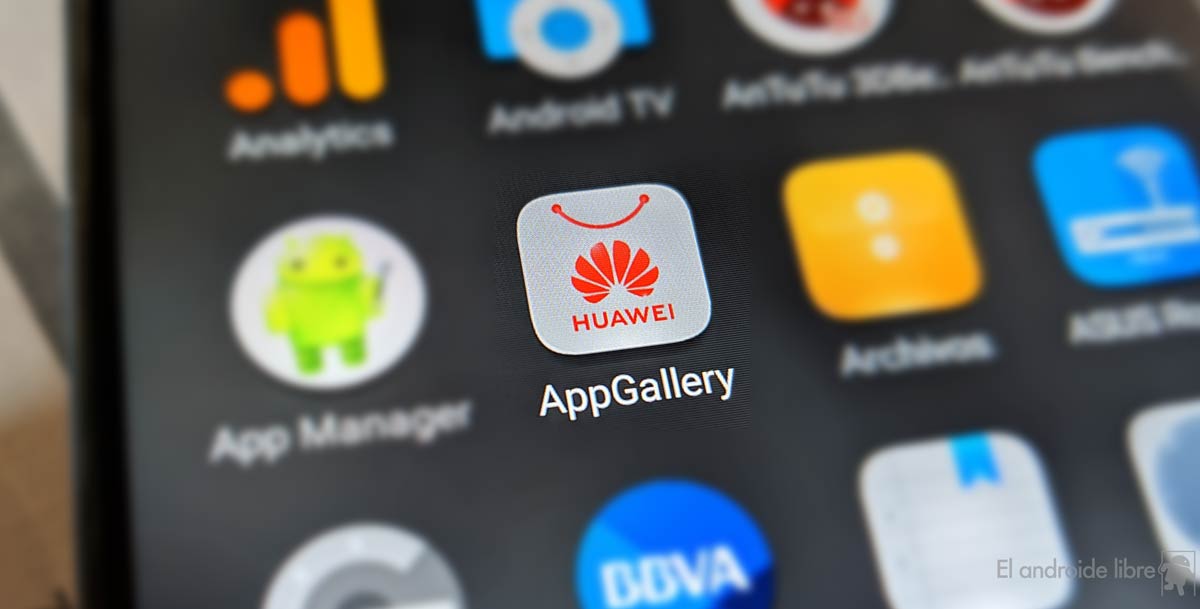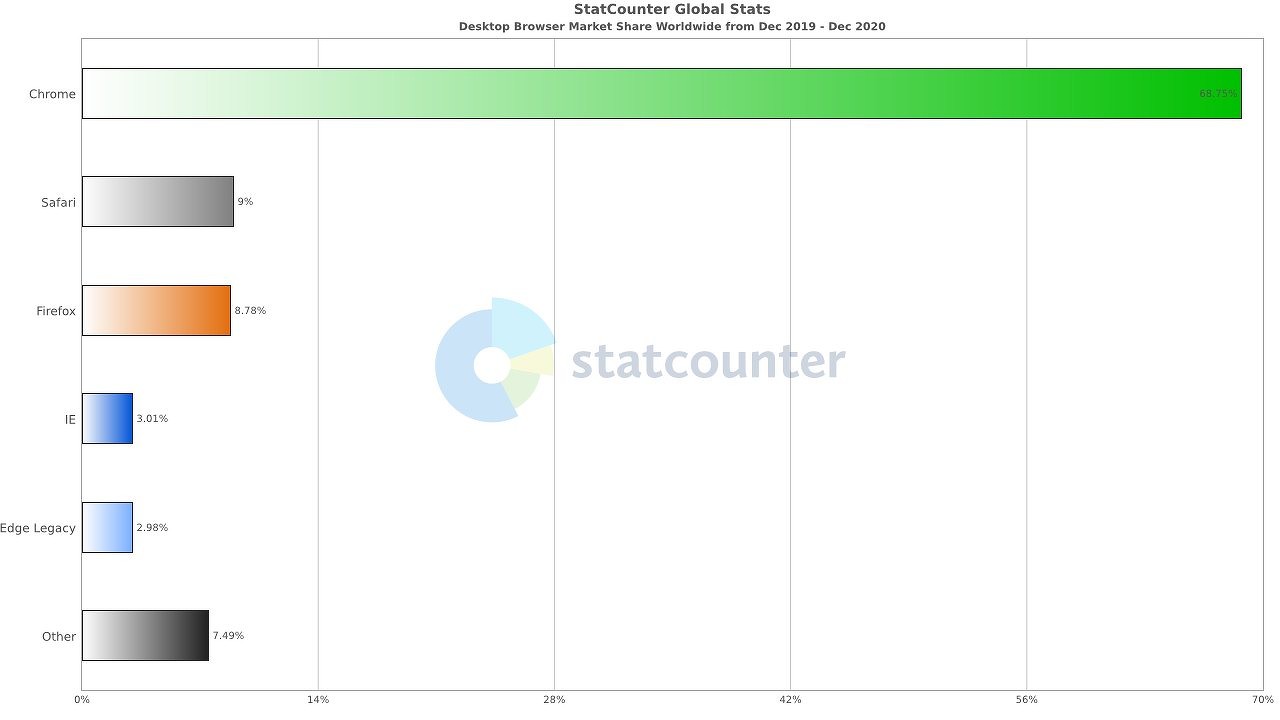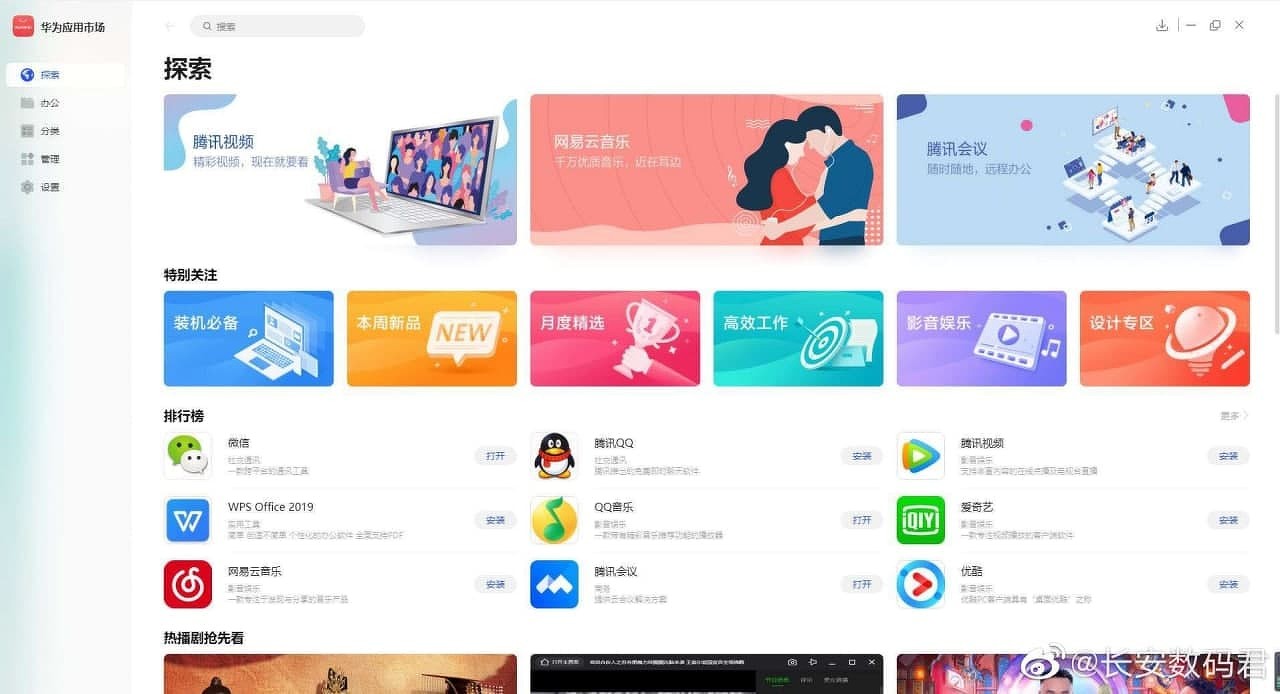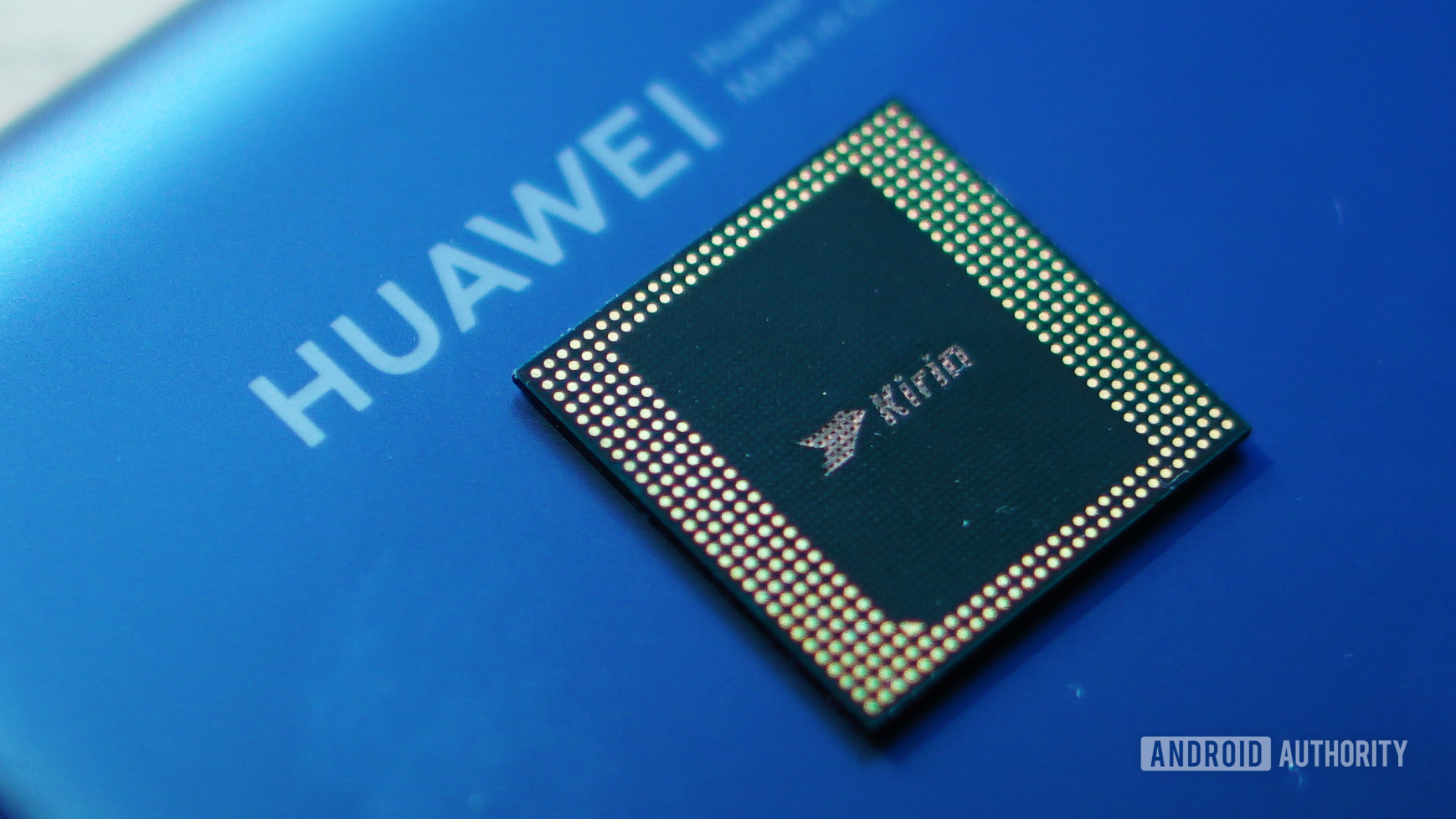
The Chinese company Huawei has come to grips with getting rid of the problems from the United States, that is, bypassing the sanctions imposed by the government. The development of new processors, its own OS and a number of other products is in full swing.
So, Huawei has begun to create a browser for desktops and laptops. In addition, the company will soon unveil an app store, Huawei Cloud and Huawei Media Services mobile services.
What is it all for?
First of all, new services, browser and other products are designed to be installed on Huawei laptops. The company will probably continue to release devices with both Windows and its own operating system in case the conflict between countries goes further and Microsoft refuses to cooperate.
The company's software products will become available not only on their devices, but also on desktop PCs, including those workstations based on the Kunpeng 920 3211K processor. Deepin Linux is used as OS.
Huawei's browser is primarily intended for the domestic Chinese market - on the outside, it is unlikely to cope with strong competition from other reviewers. Now the five most popular browsers includeMicrosoft's Edge and Internet Explorer with 2.98% and 3.01% market shares respectively (as of December 2020), as well as Firefox (8.78%) and Apple's Safari (9%). In first place is Google's Chrome - it owns about 70% of the browser market.

What about apps?
Huawei's store doesn't have many competitors, and despite the App Store and Microsoft Store, it will continue to be popular. Simply because it is an alternative source of software for both the Chinese and international markets.

Huawei's app store is already being tested by the company's engineers: at the beginning of January, several screenshots were posted online that give a basic idea of the catalog's appearance and possible functionality.
Everything is as usual: there is a top of the most popular applications, there is a breakdown by categories and a search. It is not yet known when the catalog will be launched even in the domestic market of China, let alone a global launch.
But the work is being carried out actively, a lot of resources have been invested in the project. Huawei announced the start of development of its own app store back in 2019, at the moment it has invested more than $ 1 billion.
What OS does Huawei offer?
This is well known - the company has developed its own operating system based on Linux. It is available in two versions - for servers and desktops.
The basis of the system is the Deepin distribution kit, which has been developed for many years. It was formerly called Hiweed Linux since development started in 2004. Then it was developed by Wuhan Deepin Technology. Despite the fact that the system is state-owned, it is an international project.
In turn, Hiweed Linux is based on Debian Linux. After all the improvements, the system received a unique interface based on the DDE (Deepin Desktop Environment) desktop environment and several dozen preinstalled utilities, most of which were developed by the Chinese. The list of pre-installed software includes Deepin File Manager and DMovie video player. In addition, the WPS Office suite is part of this system.
Laptops and new processor
In the near future, Huawei will launch the sale of a new laptop based on the Kirin 990 ARM processor and without Windows. It is mounted in the case of MateBook 14. The laptop is called Qingyun L410.

The processor is developed on the basis of 7nm technology, it is called Kirin 990. To speed up the development process, Huawei did not create a device from scratch, but simply changed the base for Intel chips for ARM architecture. Huawei used the MateBook B5-420 as the basis, which is considered a premium model. It is also mounted in the MateBook 14 case, so it is logical that Qingyun L410 is mounted in it.
Huawei also has its own mobile OS
In addition to the operating system for laptops, the Chinese company is also working on an alternative to Android. The OS for mobile is called HarmonyOS 2.0. It is intended for installation on tablets, watches and Huawei smartphones. The problem here is also in the sanctions - the Chinese do not have access to Google services.
Huawei has now published a beta version of this OS for developers, preparing builds for the Huawei P40, P40 Pro, Mate 30 and Mate 30 Pro smartphones, as well as the MatePad Pro tablet. The user interface is based on the EMUI 11 shell. The first gadgets with this operating system will go on sale in October 2021.
As far as can be judged, Huawei has no plans to ditch its products even if the sanctions are lifted. Fred Wangfei, Head of Huawei Austria, said at a press conference in Vienna: “We would like to continue to use the open Android ecosystem. But, if we are not given such an opportunity, we will develop our own ecosystem of alternative software products. "
